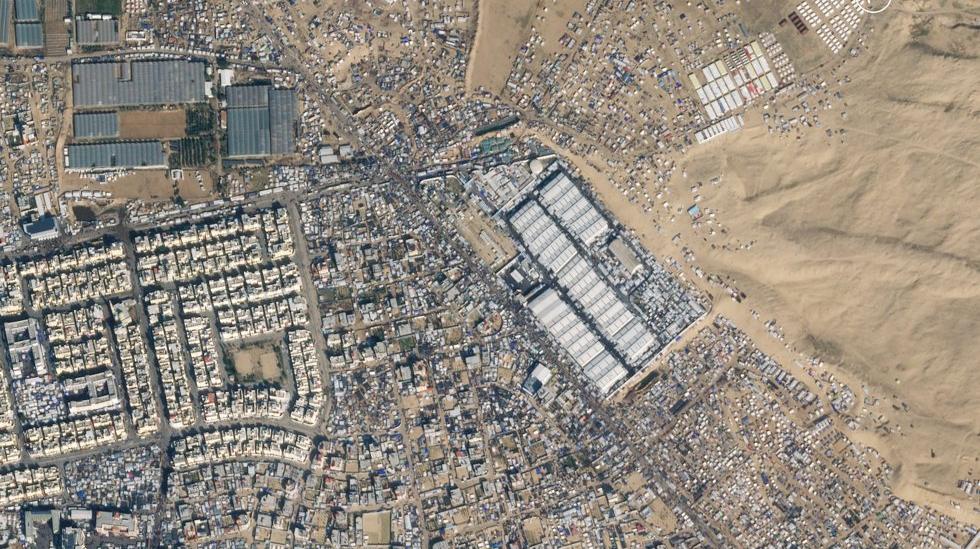According to intelligence, on January 31, Ukrainian soldiers destroyed the bunker of the Russian radar control coordination center, which, in turn:
- will degrade Russia’s ability to coordinate air activity in the Black Sea region;
- will increase the load on MAINSTAY’s already stretched A-50 fleet;
- will increase the strain on the increasingly depleted pool of trained Russian personnel capable of managing air operations.
“Russian air doctrine relies heavily on ground control posts such as Belbek to coordinate its air forces, especially fighters. This is especially true during current combat operations, when airspace is competitive and increasingly complex,” – intelligence adds.
In particular, it is noted that it is almost certain that Russian pilots and ground personnel are now suffering from battle fatigue, and any further attacks on critical coordination nodes in Crimea are likely to increase the pressure, creating an increased likelihood of error or miscalculation.
Attack on Belbek airfield
On January 31, explosions were heard repeatedly in temporarily occupied Crimea. Local Telegram channels published photos and videos where traces of missiles could be seen in the sky. They also wrote about a fire in the area of the Belbek airfield, located in Sevastopol. The Russians, for their part, claimed an alleged attack by dozens of missiles.
Later, the commander of the Air Force of the Ukrainian Armed Forces, Nikolai Oleshchuk, made a statement, hinting at a strike on the Belbek airfield.
And already on February 1, Russian media reported that a communications point at the airfield could have been attacked.
2024-02-10 10:20:04
#Strike #Belbek #airfield #Crimea #British #intelligence #explained #consequences #enemy


